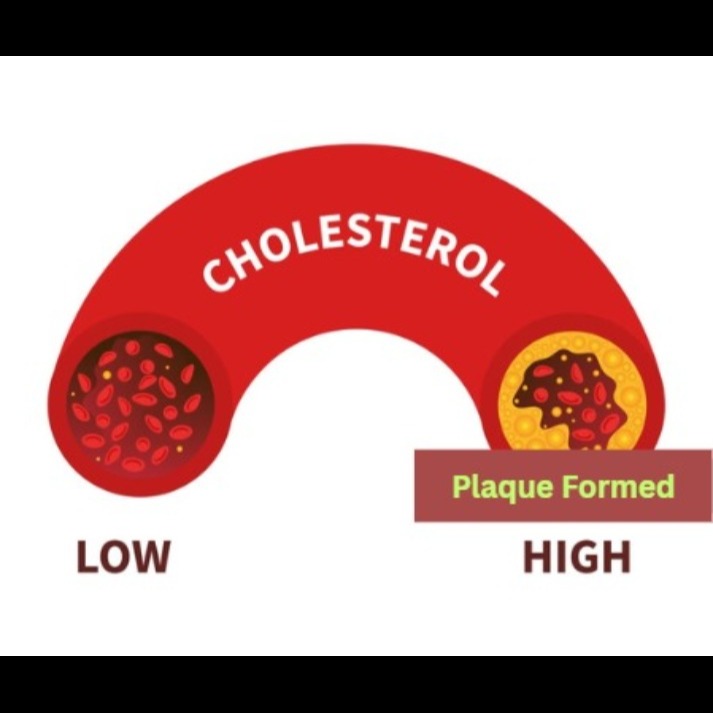+918042781554

This is your website preview.
Currently it only shows your basic business info. Start adding relevant business details such as description, images and products or services to gain your customers attention by using Boost 360 android app / iOS App / web portal.
Understanding the Link Between Cholesterol and Heart Disease.

It’s important to understand that cholesterol, in and of itself, is not the direct cause of heart disease. Rather, it’s the oxidized LDL that plays a pivotal role in the process of plaque buildup and arterial damage. This is why cholesterol management is just one piece of the puzzle when it comes to heart disease prevention. Other factors, such as inflammation, blood pressure, blood sugar levels, and lifestyle choices (like diet, exercise, and smoking) are equally important. That being said, LDL cholesterol is a significant risk factor for heart disease. Studies have shown that people with high levels of LDL cholesterol are more likely to develop atherosclerosis and experience cardiovascular events. That’s why managing LDL levels, particularly oxidized LDL, is crucial in preventing and treating heart disease. how cholesterol impacts heart health: 1. LDL (Low-Density Lipoprotein) Cholesterol: Often referred to as bad; cholesterol, LDL can build up in the walls of your arteries, forming plaques. These plaques can narrow the arteries, making it harder for blood to flow through. If a plaque ruptures, it can form a blood clot that can lead to a heart attack or stroke. 2. HDL (High-Density Lipoprotein) Cholesterol: Known as good; cholesterol, HDL helps remove LDL cholesterol from the arteries and transport it back to the liver, where it can be processed and eliminated from the body. 3. Triglycerides: These are another type of fat in the blood. High levels of triglycerides can also contribute to the hardening of the arteries or thickening of the artery walls, increasing the risk of heart disease.

